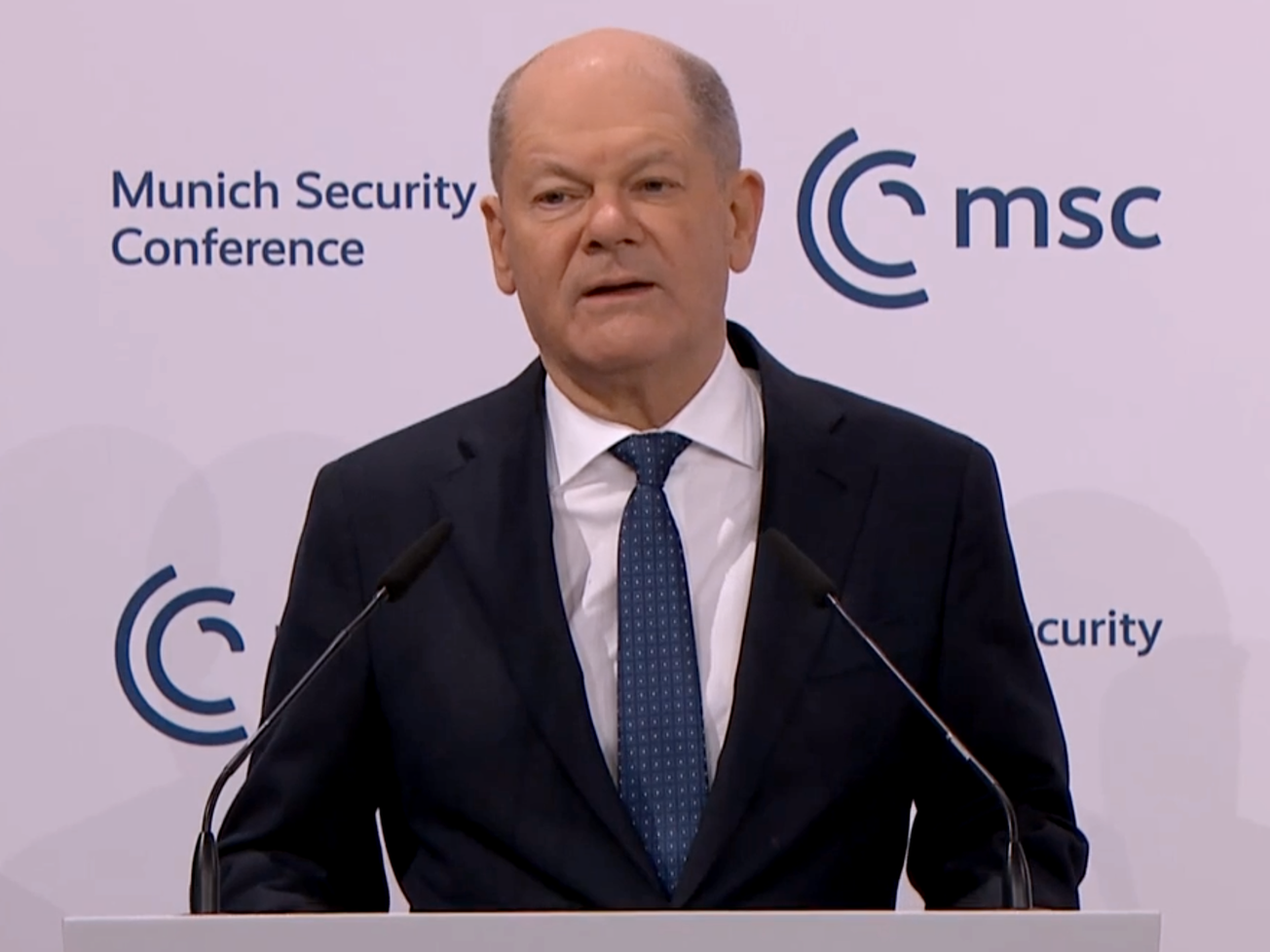The dust still hadn't settled from U.S. Vice President JD Vance's scalding, ideological assault on European democracies and values at the Munich Security Conference, when German Chancellor Olaf Scholz took the stage.
Scholz, the leader of the center-left Social Democratic Party, which traditionally reflects the working classes and trade unions, delivered a sharp rebuke on Saturday to Vance's suggestion the Trump administration might not support Europe if it shuns far-right, anti-immigration parties.









